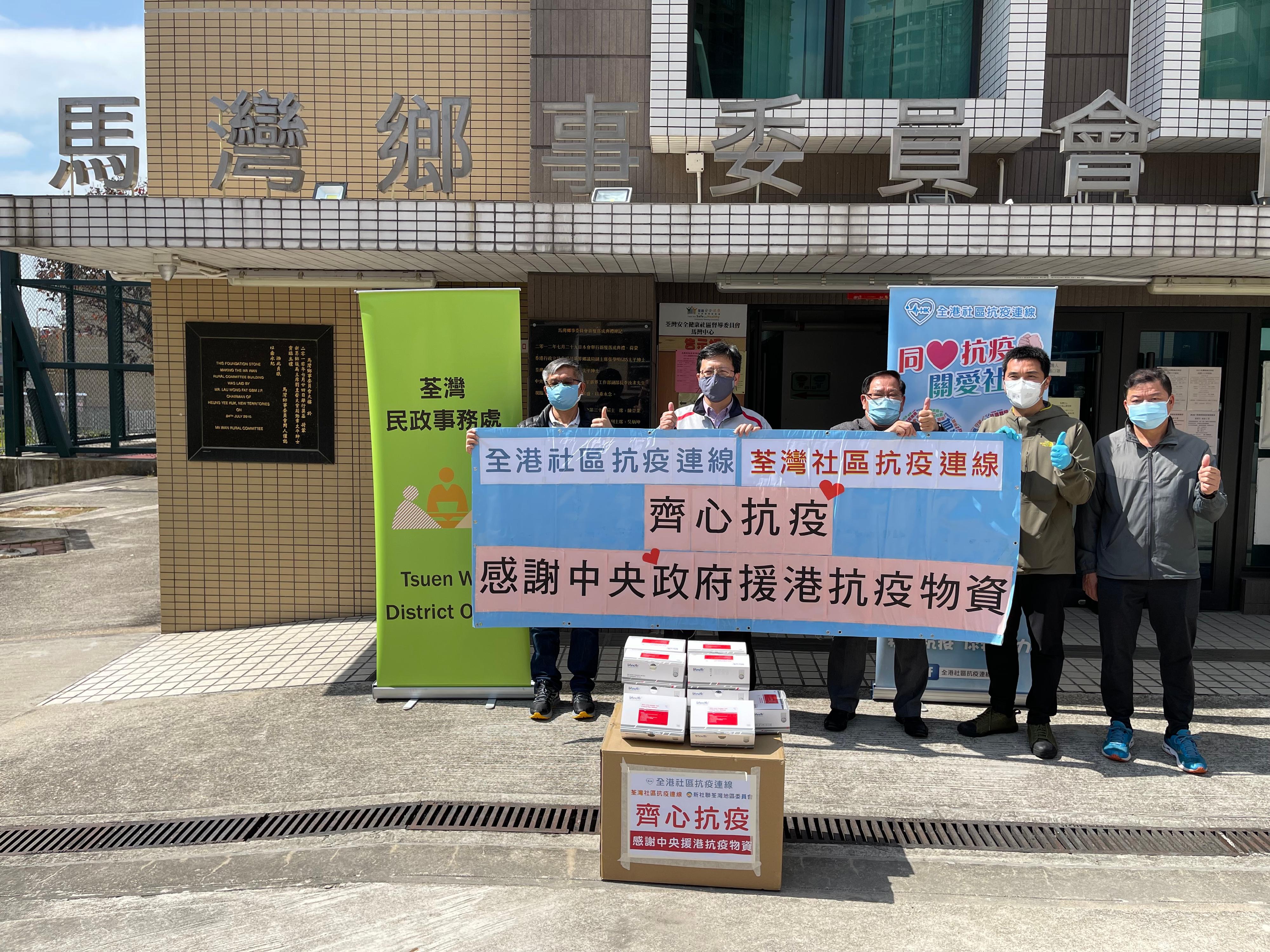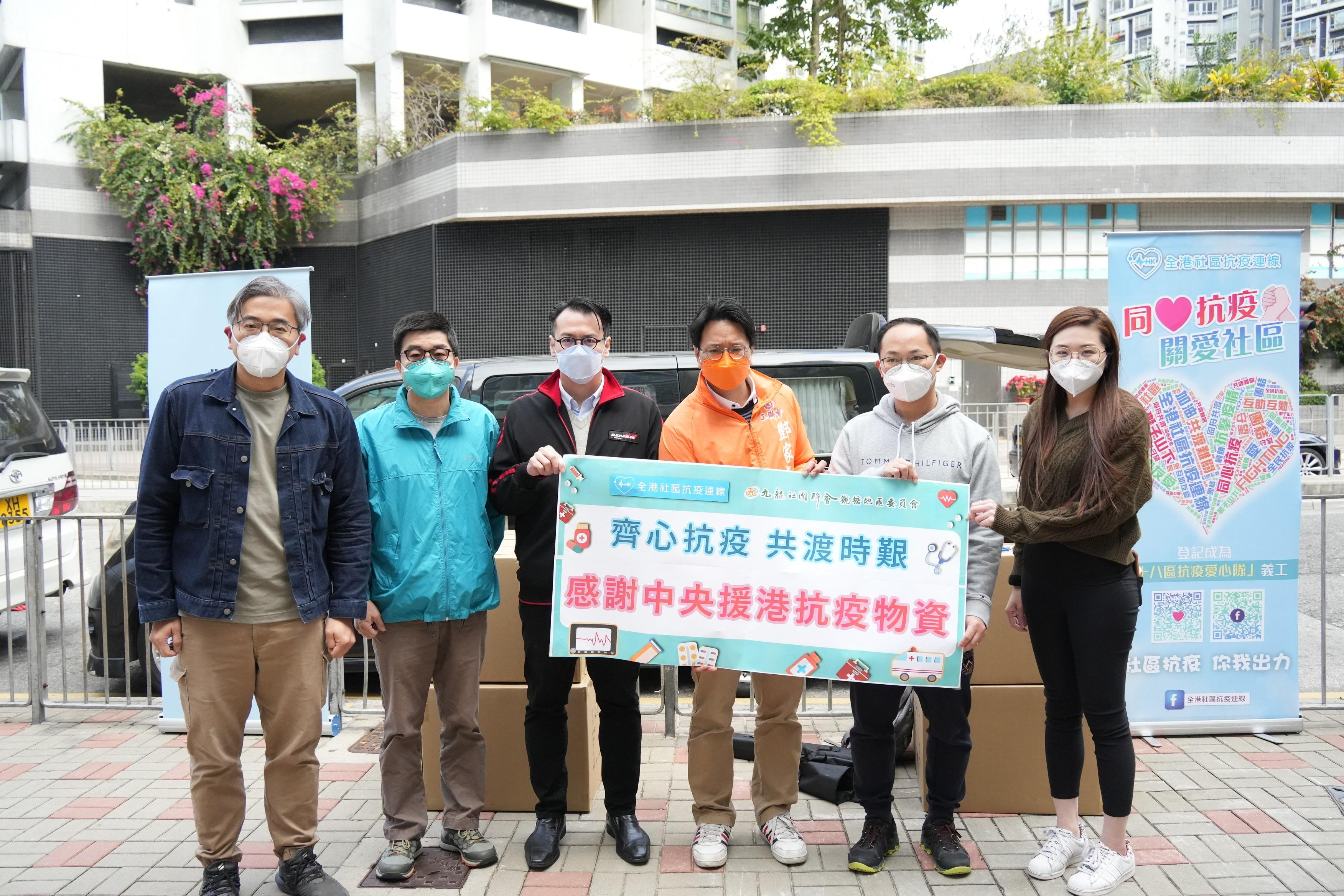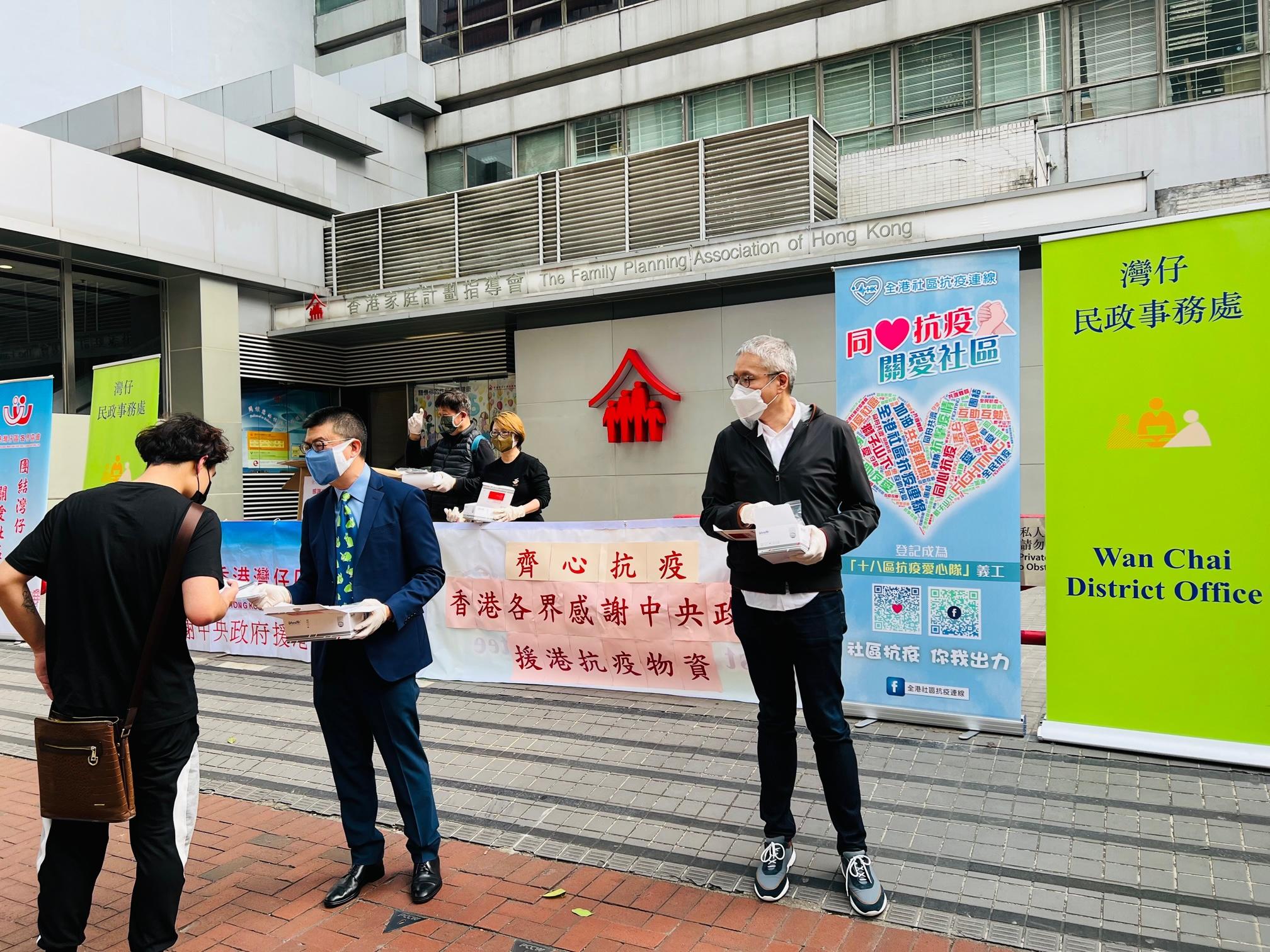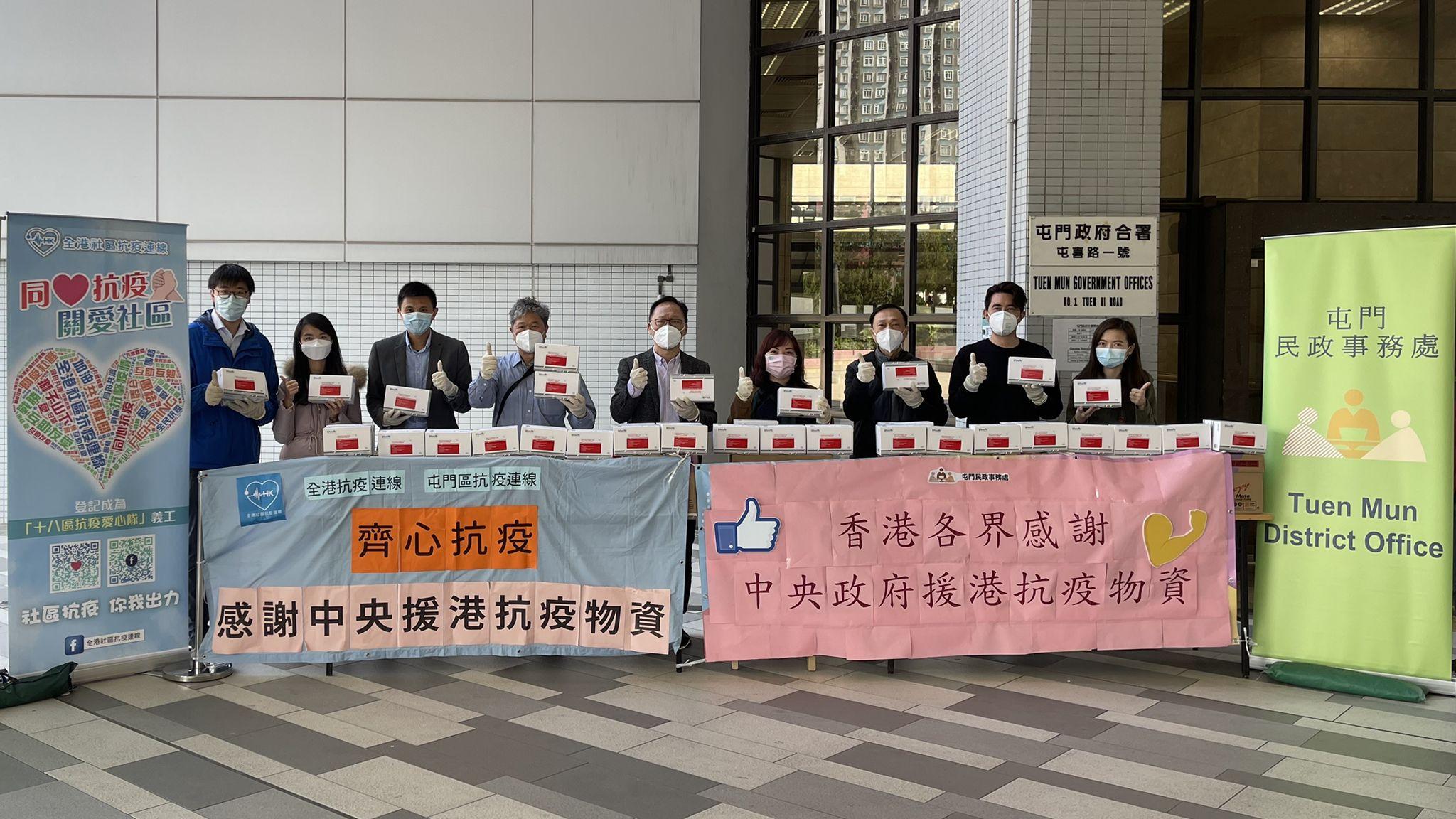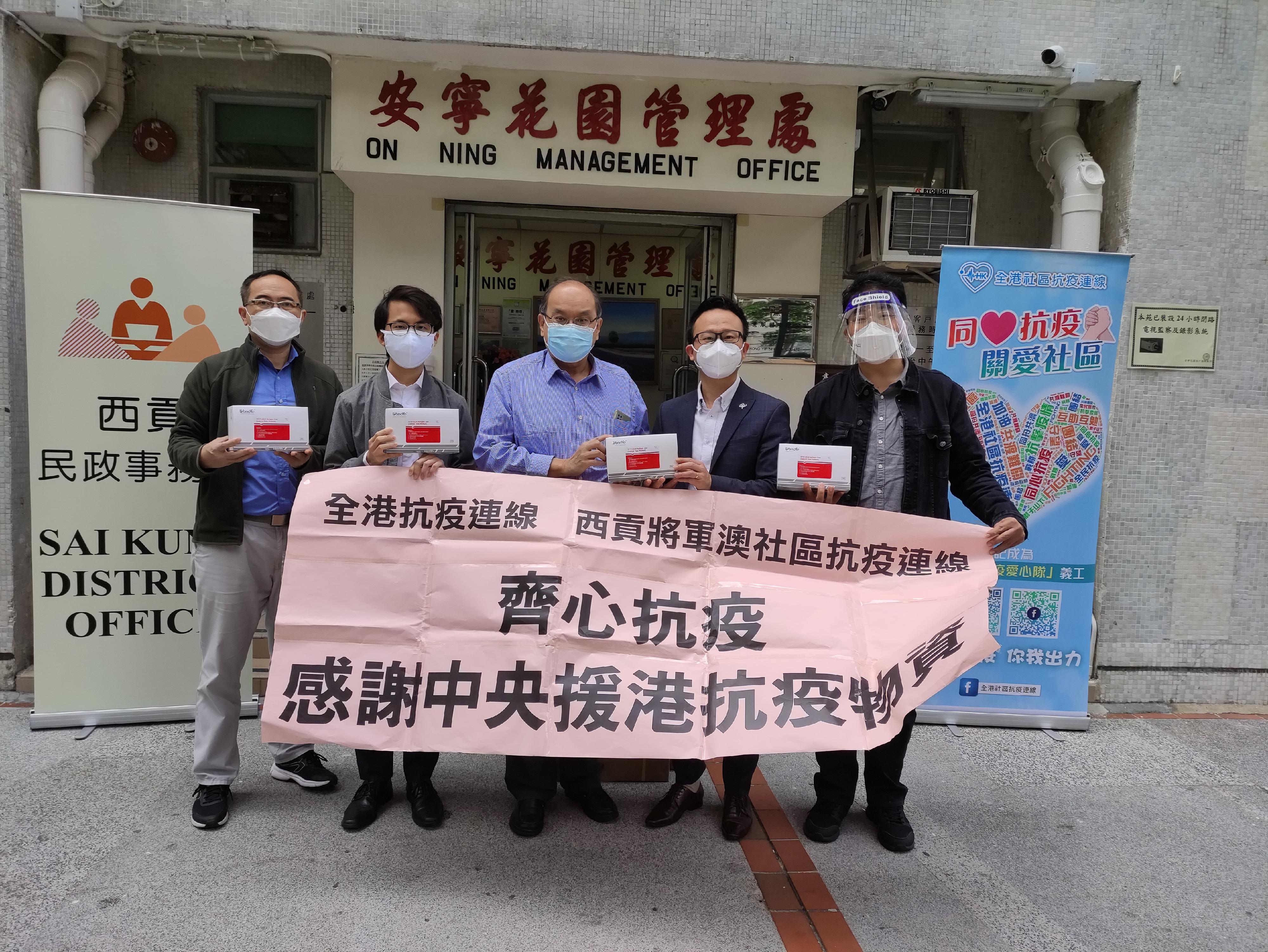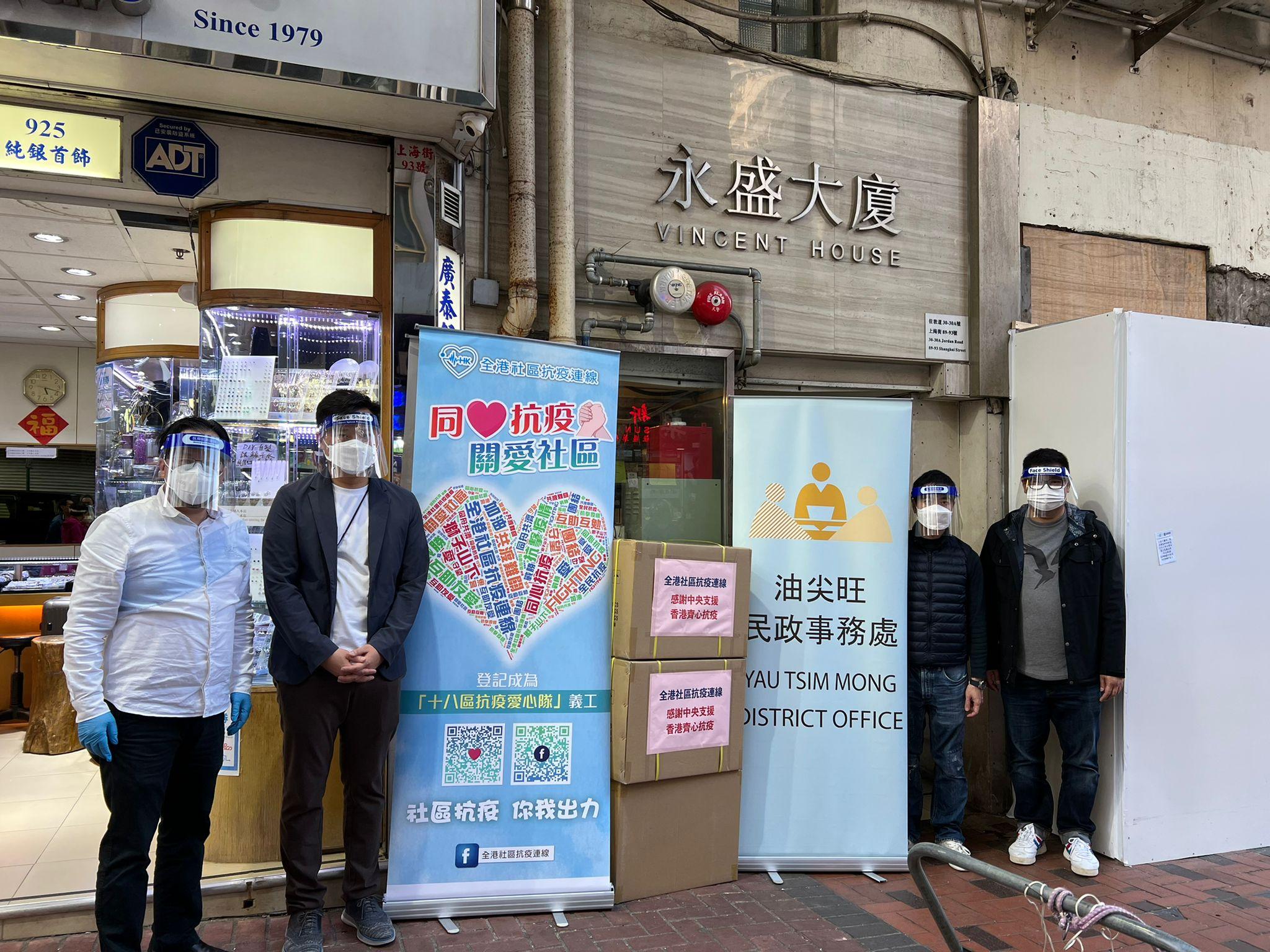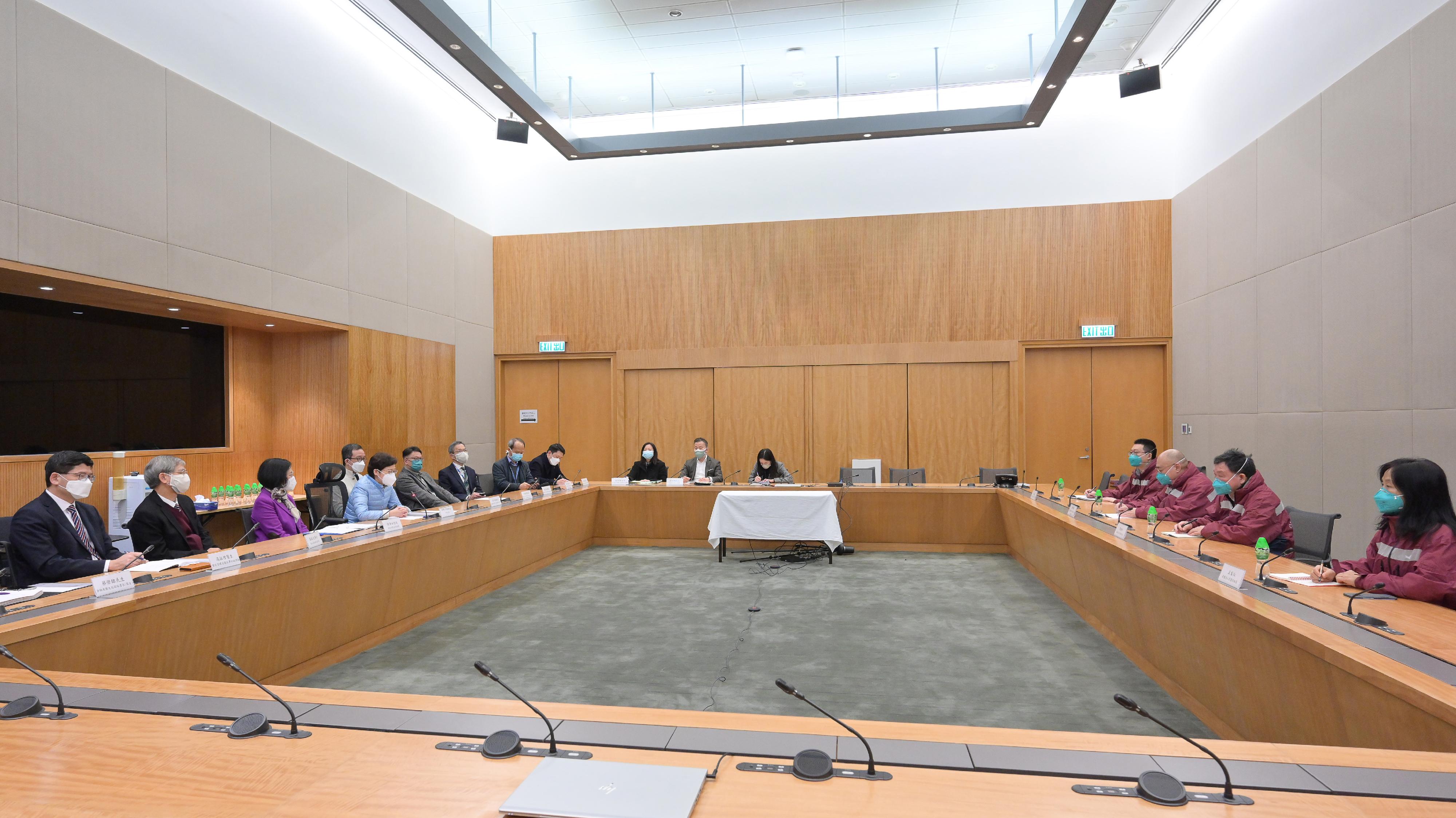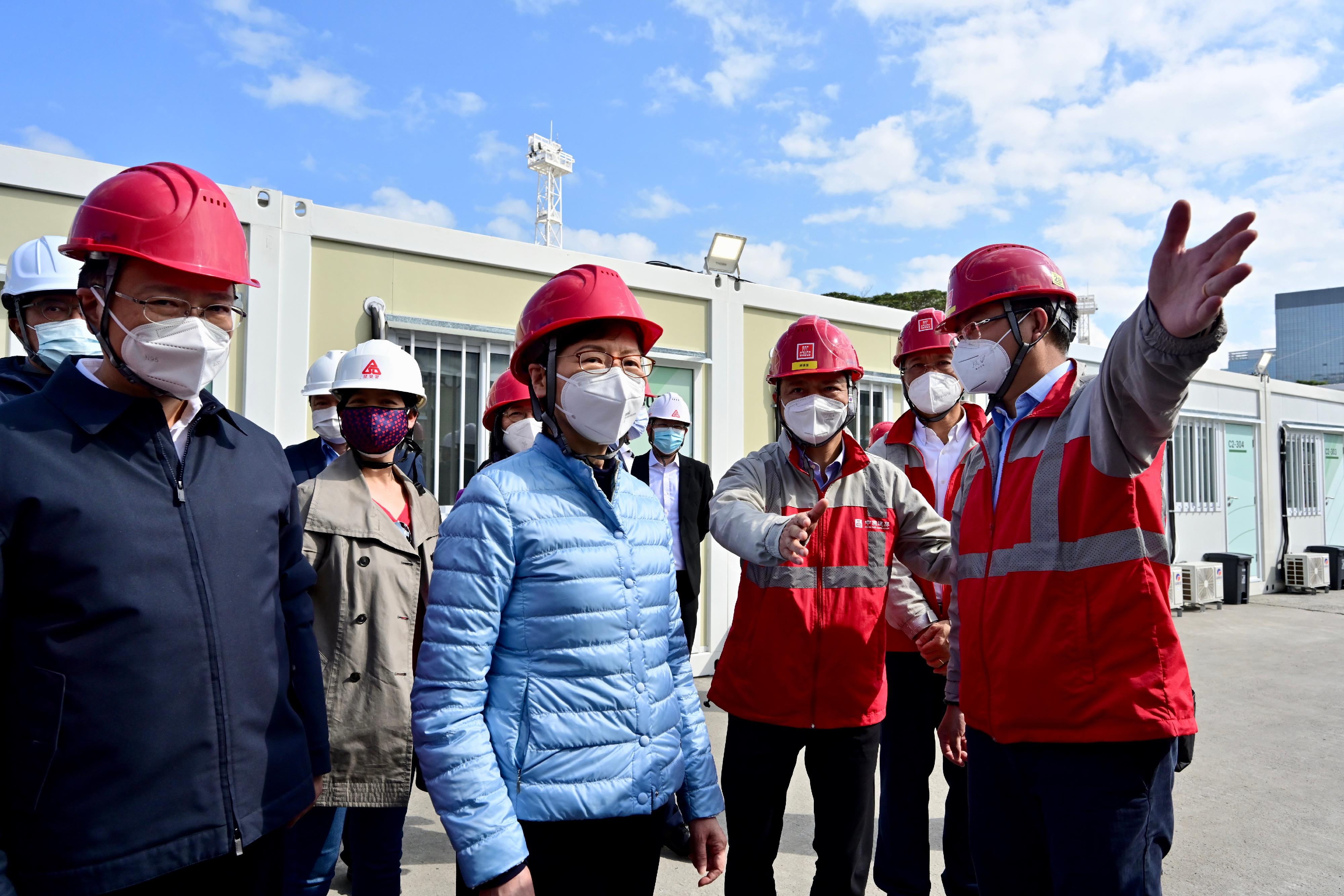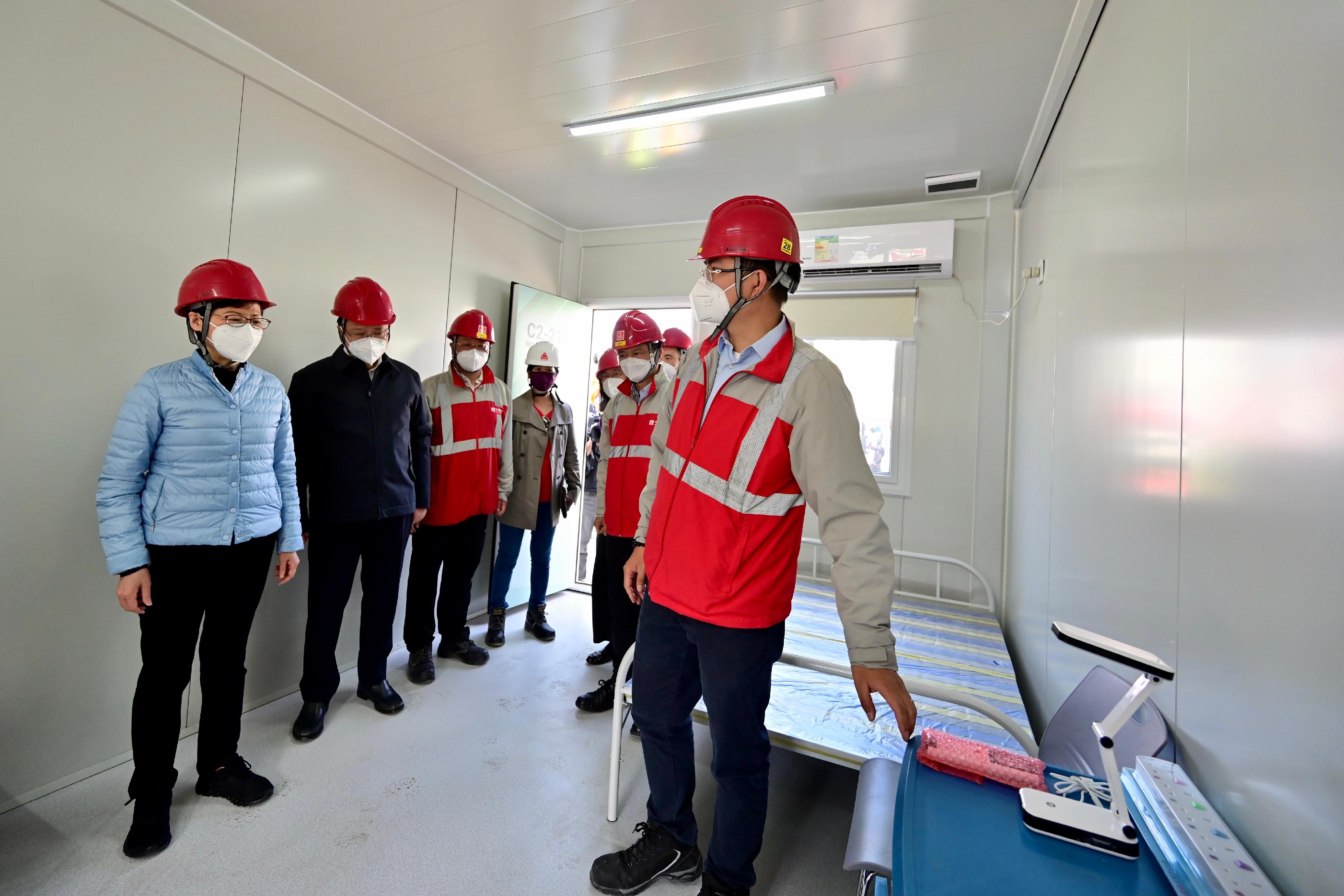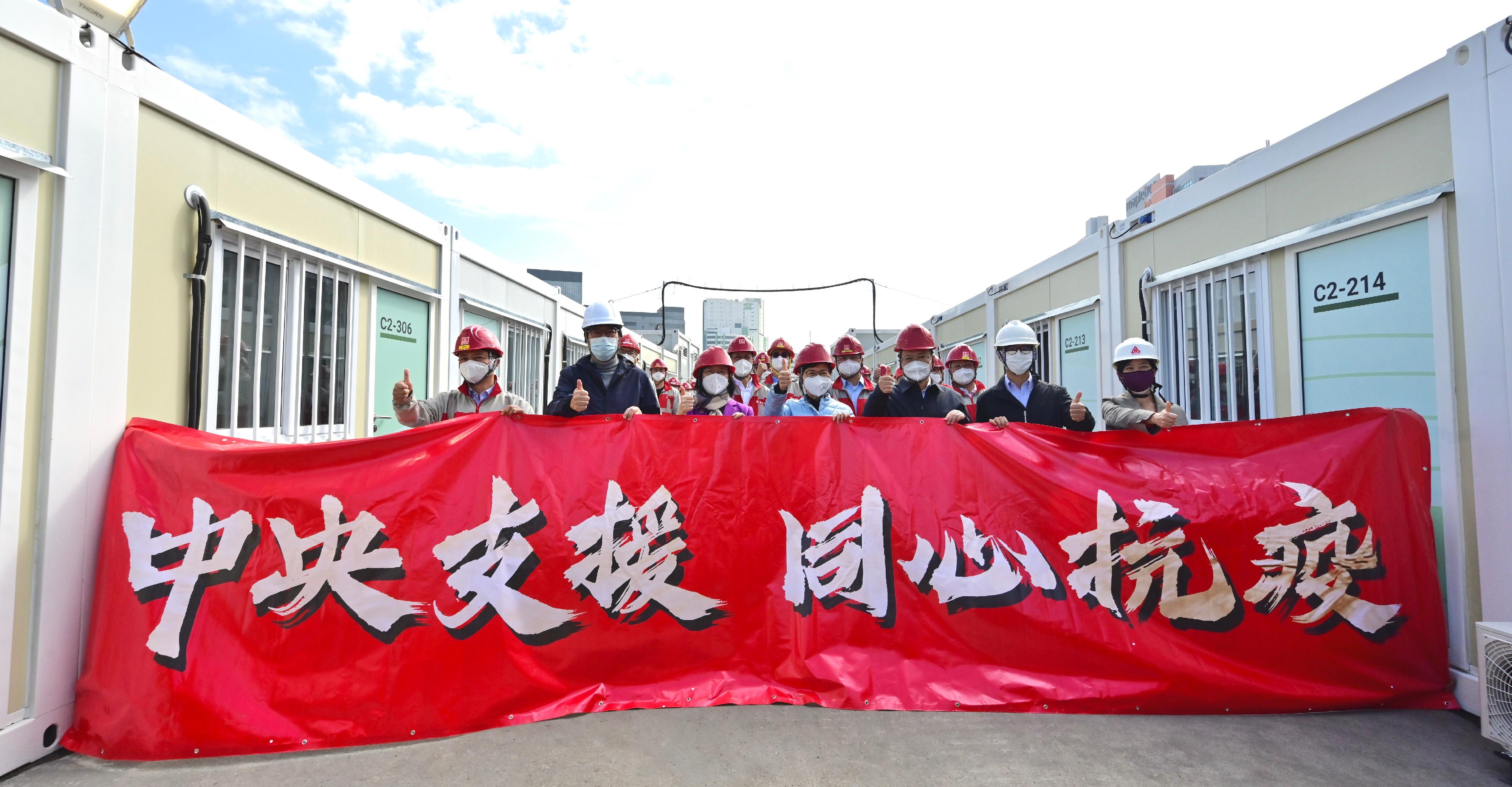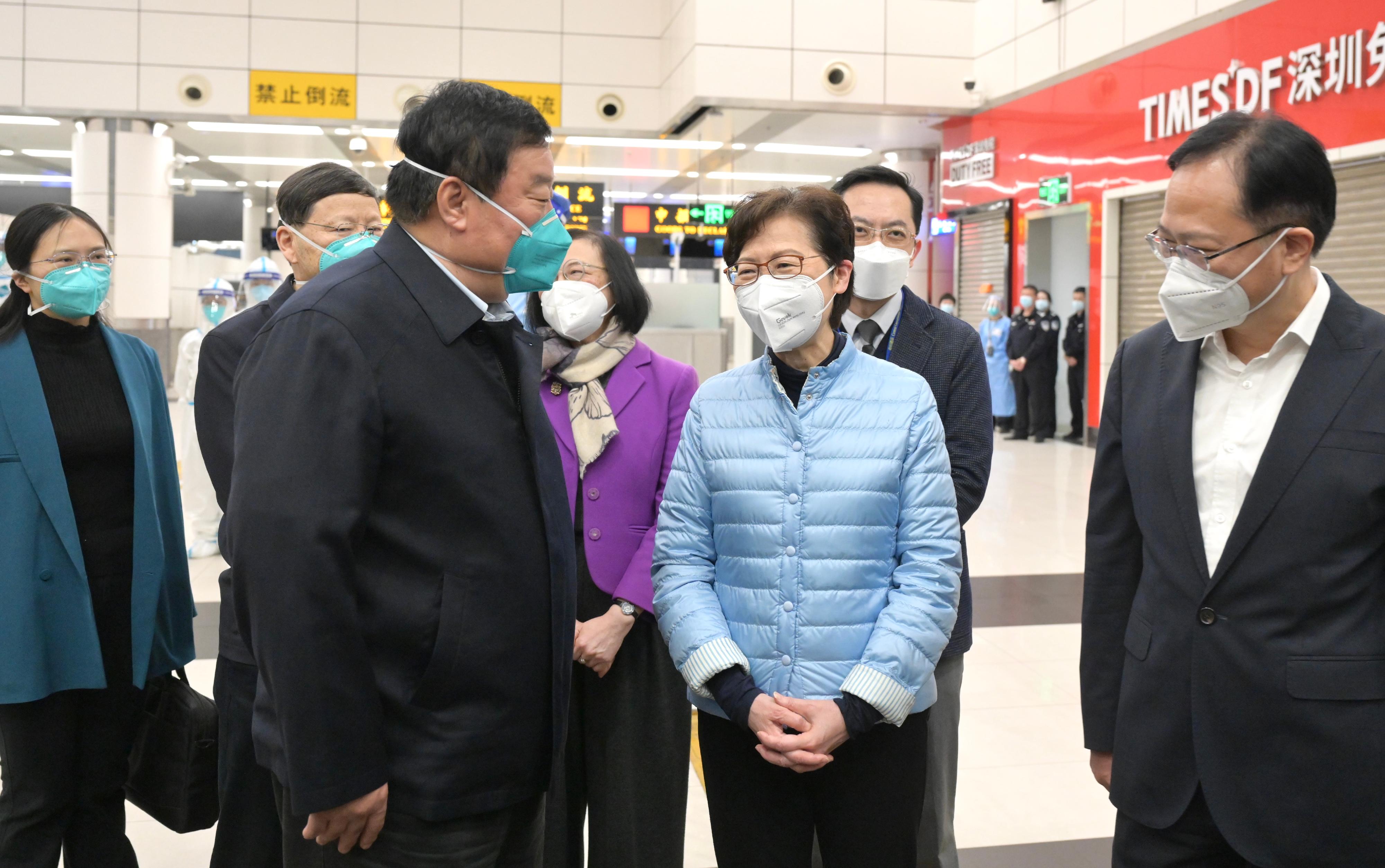Government to handle government service contracts that rely heavily on non-skilled workers in a flexible manner during epidemic to support the trade
In response to media enquiries on the Government’s handling of outsourced service contracts that rely heavily on non-skilled workers during the epidemic, a spokesman for the Financial Services and the Treasury Bureau (FSTB) today (February 28) said that since the fifth wave of the COVID-19 epidemic, the Government has been aware of and understands the situation of these government outsourced service contractors (including cleansing and property management services) that they might have difficulties strictly fulfilling the contractual service requirements due to the infection of some of their staff members. The procuring departments would handle relevant contractual matters in a flexible manner under such circumstances and suspend the enforcement of some provisions. For example:
- procuring departments will not impose penalty or deduction of service fees on service contractors of contracts that rely heavily on non-skilled workers due to their employees’ absence; and
- procuring departments will allow service contractors to deploy their staff with more flexibility, for example, staff deployment across districts during the epidemic.
The spokesman said, "The Government is compassionate towards the difficulties faced by the outsourced contractors in staff deployment amidst the severe epidemic. Procuring departments would adopt a flexible approach in handling the service requirements of contracts that rely heavily on non-skilled workers in the coming three months (i.e. March to May 2022). Procuring departments will discuss the actual service arrangements with relevant contractors, having regard to the circumstances, and help contractors to continue to fulfill their duties while ensuring that public services will not be seriously affected."
In view of the severe epidemic situation, the Government has received feedback from some outsourced service contractors of contracts that rely heavily on non-skilled workers that since there is a large number of their staff members who are infected, or subject to mandatory testing, isolation or quarantine, they are concerned that they might not be able to arrange sufficient manpower to fulfill the contractual service requirements.
"The Government expressed gratitude to all service contractors and frontline workers for their dedication in providing service during the epidemic. We appeal to private organisations in adopting approaches similar to the one adopted by the Government and being compassionate towards their service contractors for the genuine difficulties they are faced with in the spirit of fighting the epidemic together," the spokesman added.
